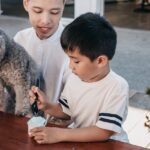Puppies bite for several reasons. They may be teething, exploring their world, or simply playing. Understanding these reasons helps you address the behavior effectively.
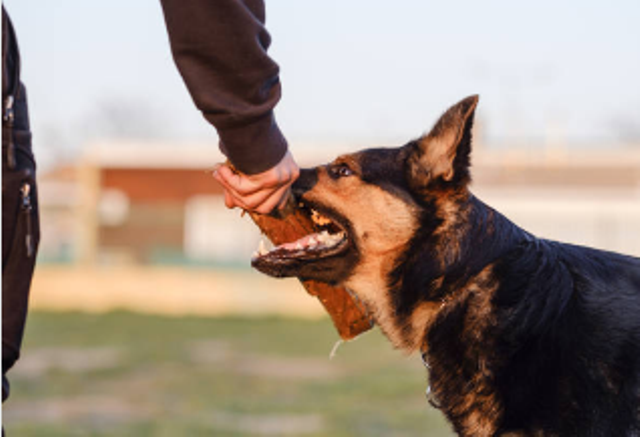
Reasons for Biting:
Puppies experience soreness as their adult teeth come in. This discomfort often leads them to chew on anything they can find.
Biting is natural during play. Puppies use their mouths to interact with siblings and explore their environment.
Puppies explore the world through their mouths. Biting helps them learn about textures and sensations.
Sometimes, puppies bite to get your attention. They quickly learn that biting leads to reactions, even if it’s negative.
It’s essential to differentiate between normal play and aggressive biting. If your puppy bites too hard or causes injury, it’s time to intervene.
Recognizing the reasons behind your puppy’s biting helps you find effective solutions. Now, let’s explore how to teach your puppy to stop biting.
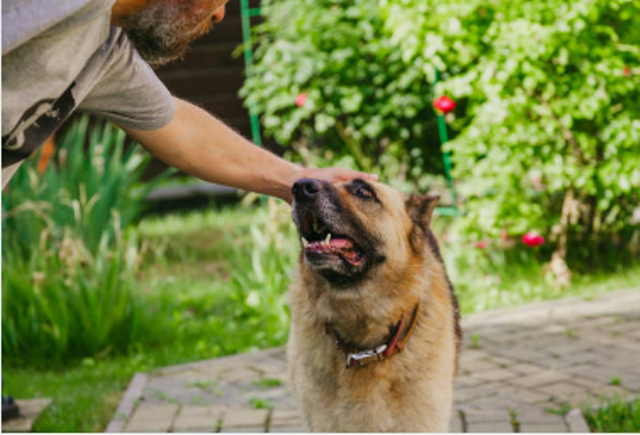
Preparing for Training
Before you start teaching your puppy to stop biting, gather some essential supplies. These tools will make your training easier and more effective.
Gathering Supplies:
Choose durable toys specifically designed for teething puppies. Offer them whenever your puppy wants to bite.
These sprays deter biting. Apply them to furniture and other items you want to protect.
Use small treats to reward good behavior. Positive reinforcement encourages your puppy to learn.
Creating a Safe Environment:
Remove items that your puppy might chew on. Keep dangerous objects out of reach.
Define areas where your puppy can play. This helps control their environment and limits biting opportunities.
By preparing properly, you set the stage for successful training. Now you’re ready to teach your puppy to stop biting effectively.
Training Techniques to Curb Biting
To teach your puppy to stop biting, use effective training techniques. These methods help redirect their behavior and promote positive habits.
Redirecting Biting Behavior:
When your puppy starts to bite, give them a toy instead. This teaches them what is acceptable to chew on.
Use games like fetch or tug-of-war to focus their energy. This keeps their mouth busy and reduces biting.
Using Positive Reinforcement:
When your puppy plays gently, praise them. Use treats or verbal encouragement to reinforce this behavior.
If your puppy bites softly, reward them. This reinforces the idea that gentle play is fun.
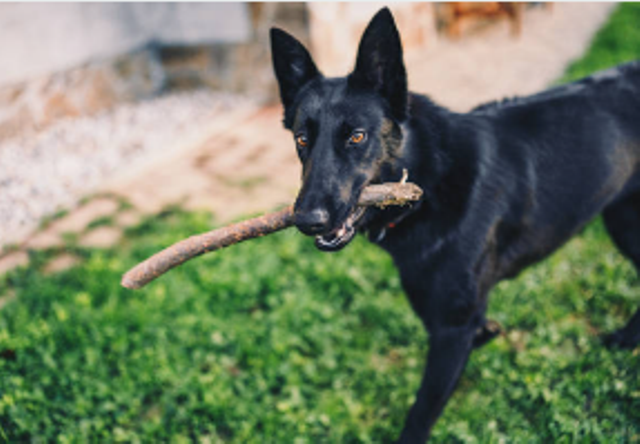
Implementing “Time-Outs”:
If biting becomes too rough, stop the play. Remove your puppy from the situation for a short time.
Use time-outs consistently. This teaches your puppy that biting leads to the end of fun.
Socialization and Playdates
Socialization is essential when learning how to teach my puppy to stop biting. Positive interactions with other dogs help reduce aggressive behaviors.
Importance of Socialization:
Meeting well-behaved dogs teaches your puppy proper play behavior. This helps them learn bite inhibition.
Puppies often mimic each other. Watching calm play can discourage biting and promote gentler interactions.
Organizing Playdates:
Select dogs that are friendly and patient. This creates a safe environment for learning.
Always supervise playdates. This allows you to step in if biting gets too rough.
By prioritizing socialization, you can effectively teach your puppy to stop biting. These experiences build confidence and improve behavior.
Dealing with Persistent Biting
If your puppy continues to bite despite your efforts, it’s time to reassess your approach. Understanding how to teach my puppy to stop biting can involve more in-depth strategies.
Assessing the Behavior:
Pay attention to when biting occurs. Is it during play, excitement, or stress? Recognizing triggers helps you address the root cause.
Keep track of your puppy’s biting habits. This can provide insight into specific situations that lead to biting.
Consulting a Professional Trainer:
If biting persists, consider consulting a trainer. A professional can offer tailored advice and techniques.
Trainers will assess your puppy’s behavior and provide guidance. They can help you implement effective strategies to curb biting.
By addressing persistent biting with careful observation and professional help, you can successfully teach your puppy to stop biting. Consistent effort will lead to positive change.
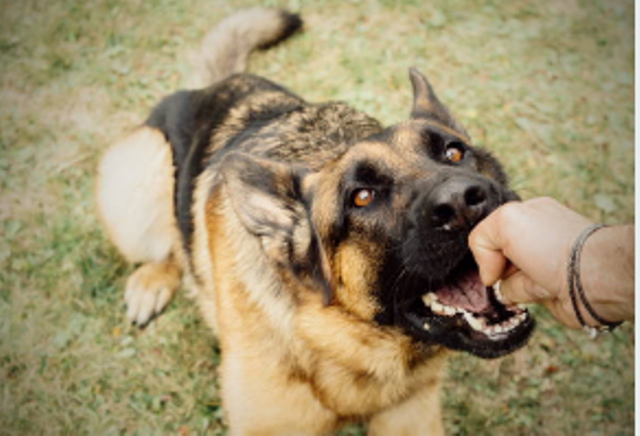
Maintaining Consistency and Patience
Consistency and patience are key when learning how to teach my puppy to stop biting. Dogs thrive on routine and clear expectations.
Importance of Consistency in Training:
Ensure everyone in your household uses the same commands and techniques. This prevents confusion for your puppy.
Establish boundaries about what is acceptable to bite. Consistent rules help your puppy understand expectations.
Being Patient with Your Puppy:
Puppies don’t learn overnight. Expect gradual improvement and celebrate small victories.
If your puppy bites again, remain calm. Avoid harsh reactions, as they can confuse or frighten your puppy.
By maintaining consistency and patience, you create a stable learning environment. This approach helps your puppy understand how to stop biting over time.
Final Words
Thank you for taking the time to read about how to teach your puppy to stop biting. I hope you found the tips and strategies helpful in your training journey. Your puppy’s behavior is a crucial part of building a strong bond, and addressing biting early can lead to a happier, well-adjusted dog.
I’d love to hear your thoughts! What techniques have worked for you? Do you have any suggestions or questions? Your feedback can help others in the same situation. Feel free to share your experiences in the comments below!
Happy training, and enjoy every moment with your lovely dog!
FAQs
How to teach my puppy to stop biting?
To teach your puppy to stop biting, use redirection with chew toys, reinforce calm behavior with treats, and implement time-outs when biting occurs.
How to train my puppy to stop biting?
Training involves consistent commands like “no” or “leave it.” Redirect biting to appropriate toys and reward good behavior with praise or treats.
How to train your puppy to stop biting everything?
Monitor your puppy’s environment and remove items they shouldn’t bite. Offer appropriate chew toys and use redirection to guide their focus.
How to train your dog to stop biting when playing?
Encourage gentle play by using toys and giving commands when your dog bites too hard. Reward them for playing softly and calmly.
How to teach puppy to stop biting me?
When your puppy bites you, calmly say “no” and stop all interaction. Offer a toy instead and reward them when they choose to chew on it.
How to train my dog to stop biting other dogs?
Supervise playdates and intervene if biting occurs. Teach commands like “no” and reward calm behavior during interactions with other dogs.
How to train your puppy to stop biting the leash?
When your puppy bites the leash, stop walking and redirect them to a toy. Reward them for walking calmly without biting.
